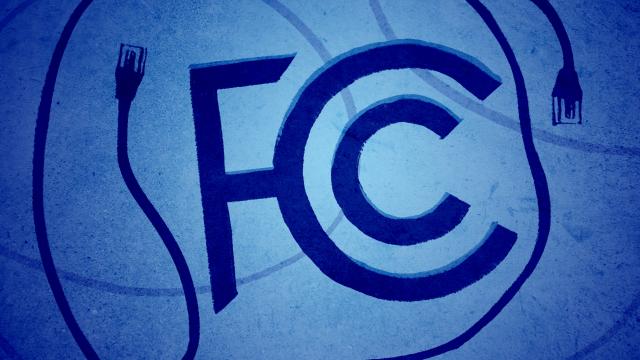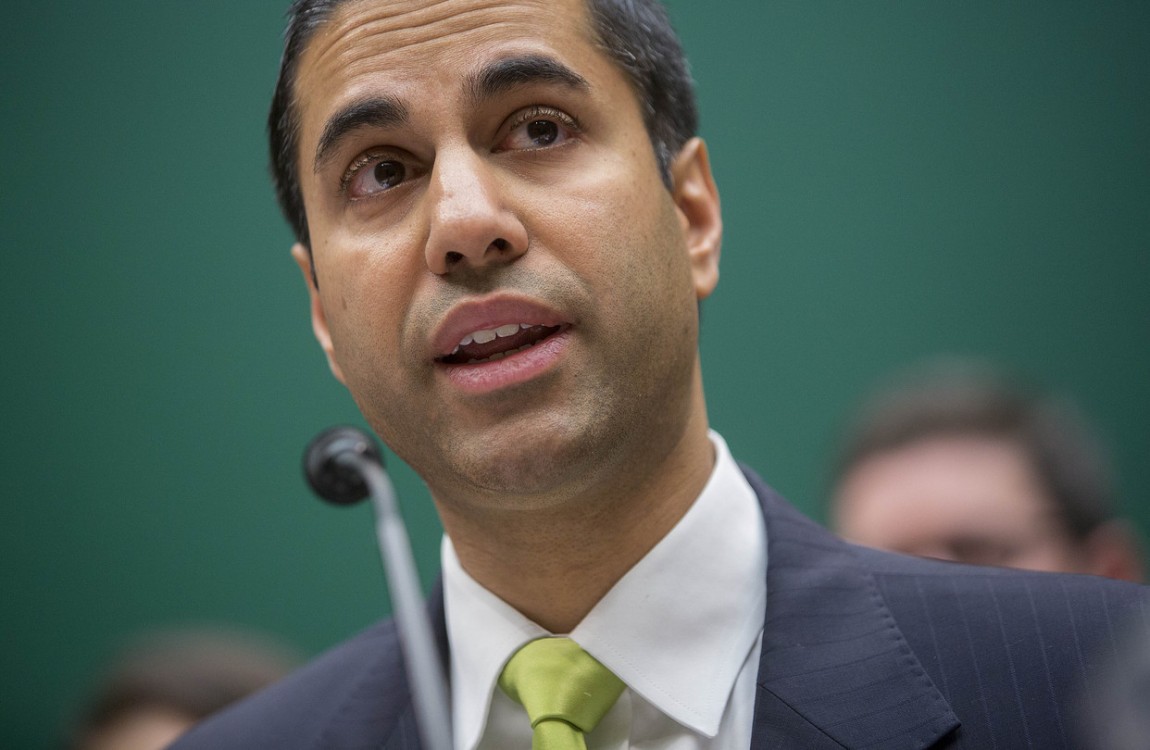
Ajit Pai’s FCC is, like the rest of the Trump Train, off to a rollicking and hypocritical start, if two big news items this week are anything to go by. On Tuesday, Pai introduced an initiative to identify areas desperately in need of broadband deployment (good!) and today, the Washington Post reports that the FCC has blocked nine companies from participating in a federal program that subsidizes broadband service for low-income households (bad!).
We’ll begin with the latter, which concerns the government’s Lifeline program. That program provides registered households with a $9.25 credit each month, which can be used to pay for landline or mobile phone service. Last year, the FCC expanded the program to include broadband. Nine ISPs were blocked from participating in the program, including one operating in more than 40 states to provide broadband access to school districts.
“These last-minute actions, which did not enjoy the support of the majority of commissioners at the time they were taken, should not bind us going forward,” Pai said of the programs expansion, per the Post’s report. Lifeline is known among conservative media outlets as the Obamaphone program. Part of the fear is that the program’s subsidies could be misused or abused, a concern that is mostly unfounded.
This would be run-of-the-mill conservative government shrinkage if not for Pai’s Tuesday announcement, which supports increased broadband access in a way more friendly to the private sector. The new Broadband Deployment Advisory Committee will identify regulations impeding the spread of broadband internet. According to the Daily Dot, Pai supports “tax incentives for companies to build high-speed internet networks in rural and impoverished regions of the country.” At the same time, he has opposed allowing municipal ISPs run by local governments.
Looking at this broadly, Pai (a former Verizon lawyer) seems to support the expansion of broadband only in the case that private, monopolistic ISPs are allowed to build infrastructure and overcharge users for subpar service. The thought of any public programs seeking to increase internet access, which is practically on par with phone service in terms of necessity, is somehow beyond the pale. Broadband access is good, but only if it helps the right corporations.
3 WAYS TO SHOW YOUR SUPPORT
- Log in to post comments
















Comments
Mark Garcia replied on
Bay Area Indivisible Regional Directory
Hello
I'm with indivisible east bay at indivisibleeb.com and I have downloaded info from the indivisibleguide.com site to create a directory of the IG groups within 100 miles of Oakland. This will help all the groups in this area share info and resources and coordinate events. If you would like access to the list and be able to edit it and put in your email contact so other IG groups can find you, just send me your email address and I'll send you a google link with permission to access/edit the document. We are hoping to have a regional conference call in the next few weeks. Thanks, Mark
Don Miller replied on
FCC isp privatization
Federal control pf the internet is under way now, in Russia through Chinese contracts, and in the US under the direction of the new head of our Federal Communication Commission, Pei. One can expect local internet service providers including local governments, and national providers as well, to become subject to a federal kill-switch and control. This is a last area of free speech for the average American.